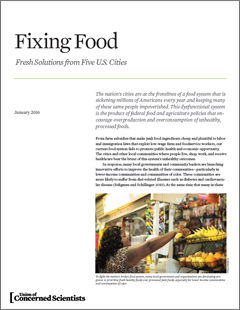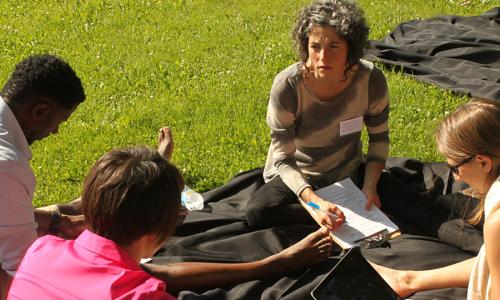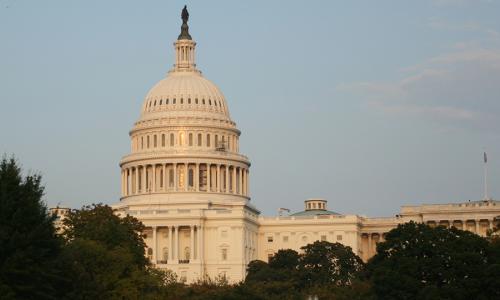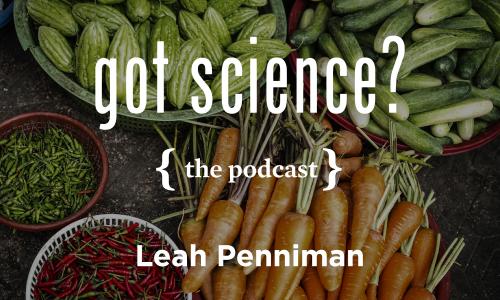The nation's cities are at the frontlines of a food system that sickens and impoverishes millions of Americans every year. Local communities where people live, shop, work, and receive healthcare bear the brunt of this system's unhealthy, unjust outcomes, which disproportionately affect communities of color and low-income Americans.
In response, many local governments and community leaders are launching innovative efforts to make healthy food more available and affordable. Fixing Food presents case studies of programs from five U.S. cities that are helping residents grow and sell healthy food, training the next generation of farmers, and bringing healthy food to places where people gather.
The case studies
We reviewed hundreds of initiatives taking place in hundreds of U.S. cities, ultimately choosing five local efforts that show how healthy food access problems can be addressed at multiple points in the food system—by facilitating local production, creating new distribution channels, or making it easier for consumers to overcome time and transportation hurdles.
The five cities chosen—Oakland, Memphis, Louisville, Baltimore, and Minneapolis—all have populations between 400,000 and 700,000, and in all of them, the percentage of residents living below the federal poverty line is higher than the national average.
We hope these case studies may provide models that other local communities can learn from and adapt to their own unique challenges and needs. But they also demonstrate the need for comprehensive national food policy reform.
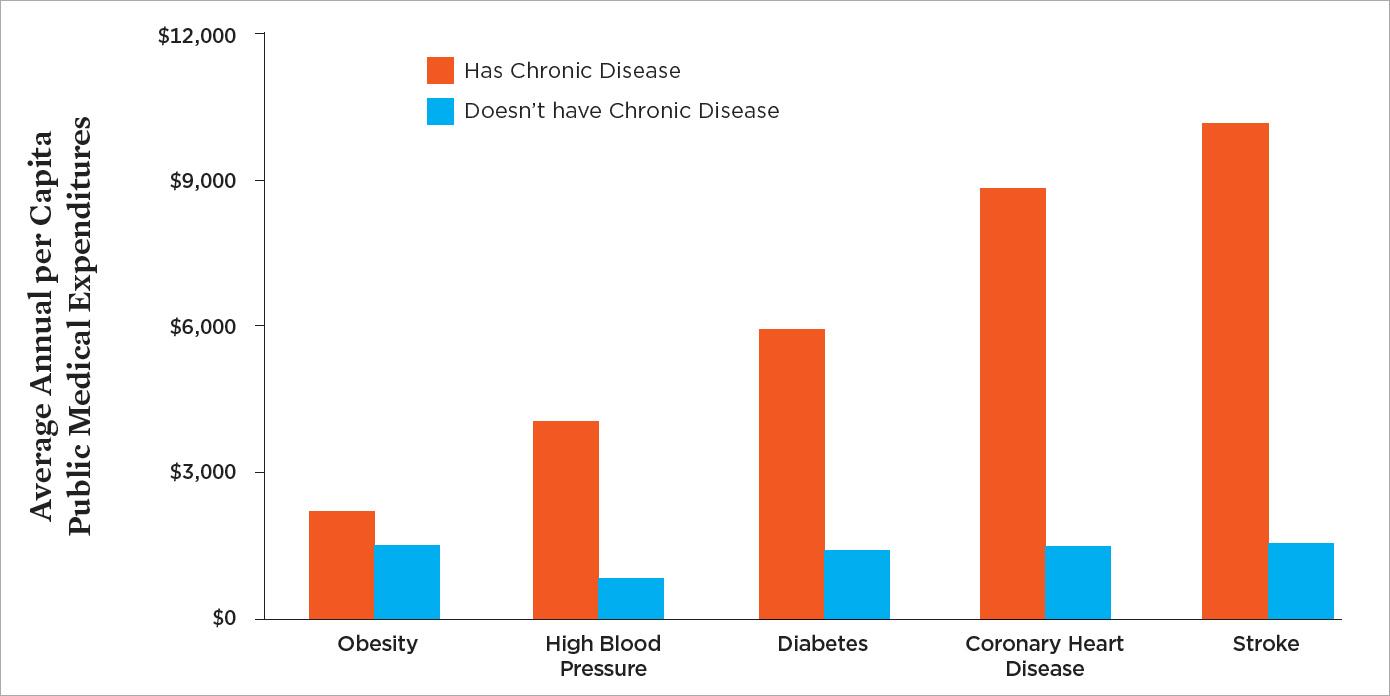
Beyond local solutions: transforming the food system
Many of the challenges these cities face are the direct result of federal policies that use taxpayer dollars to subsidize the production of unhealthy processed foods. While these policies have fattened the bottom lines of large agribusiness companies, they have failed to benefit society as a whole.
Fixing Food shows that local communities are coming up with creative ways to overcome the obstacles that federal policy has helped to create. But they should not have to work so hard to undo the damage caused by the current system. We need a national food policy, coordinated across all relevant federal agencies, aimed at promoting healthy food, environmental sustainability, and economic opportunity.
